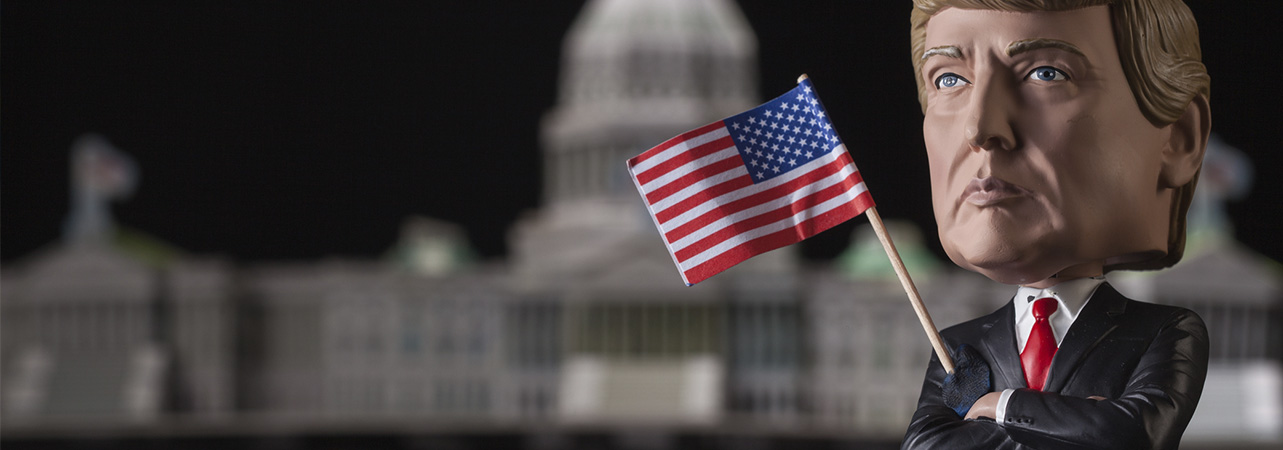The forthcoming US Presidential Election remain at the forefront of newsflow for much of July. While Donald Trump was officially nominated as the candidate for the Republican Party, incumbent President Joe Biden announced that he would not run for re-election and endorsed Vice-President Kamala Harris as the Democratic Party candidate.
- The Fed left rates unchanged at its July meeting
- Germany’s economy contracted in Q2
- The Bank of Japan raised its key interest rate
Political upheaval: the forthcoming US Presidential Election remain at the forefront of newsflow for much of July. While Donald Trump was officially nominated as the candidate for the Republican Party, incumbent President Joe Biden announced that he would not run for re-election and endorsed Vice-President Kamala Harris as the Democratic Party candidate.
“The job is not done on inflation (Fed Chair Jerome Powell)
Fed holds off: global equity markets began to wobble during July, led by investors in Asia and the US, amid a shift in sentiment towards the technology sector. Nevertheless, as the month ended, US equity markets were lifted by hopes that the Federal Reserve (Fed) might cut interest rates. In the end, Fed policymakers opted to hold rates at a range of 5.25% to 5.5%, and Fed Chair Jerome Powell commented : “The job is not done on inflation”.
Inflation eases: inflationary pressures continued to moderate in the US, dampened by falling fuel costs. The consumer price index eased from 3.3% to 3% year on year during June – and declined 0.1% month on month – fuelling hopes of a rate cut in the not-too-distant future. Meanwhile, having expanded at an annualised rate of 1.4% during the first three months of 2024, the US economy grew by 2.8% during the second quarter. The Dow Jones Industrial Average Index rose by 4.4% during July.
Germany under pressure: the eurozone’s economy expanded by 0.3% during the second quarter and, while the economies of France and Spain expanded by 0.3% and 0.8% respectively, Germany’s economy shrank by 0.1%, raising concerns over the outlook for Europe’s largest economy. Over July, the Dax Index rose by 1.5%. Inflationary pressures continued to moderate in the eurozone: the annualised rate of consumer price inflation eased from 2.6% to 2.5%, although services inflation remained relatively high. Elsewhere, investor sentiment in France was tested by political uncertainties following its snap General Election, but the CAC 40 Index ended July in positive territory, posting an increase of 0.7% over the month.
Japan tightens: the Bank of Japan bucked the global trend and raised its key interest rate to “around 0.25%” following its previous tightening action in March. The central bank also announced plans to begin reducing its programme of bond purchases. The International Monetary Fund cut its prediction for growth in Japan’s economy from 0.9% to 0.7%. The Nikkei 225 Index fell by 1.2% during July.
To view the series of market updates through July, click here









